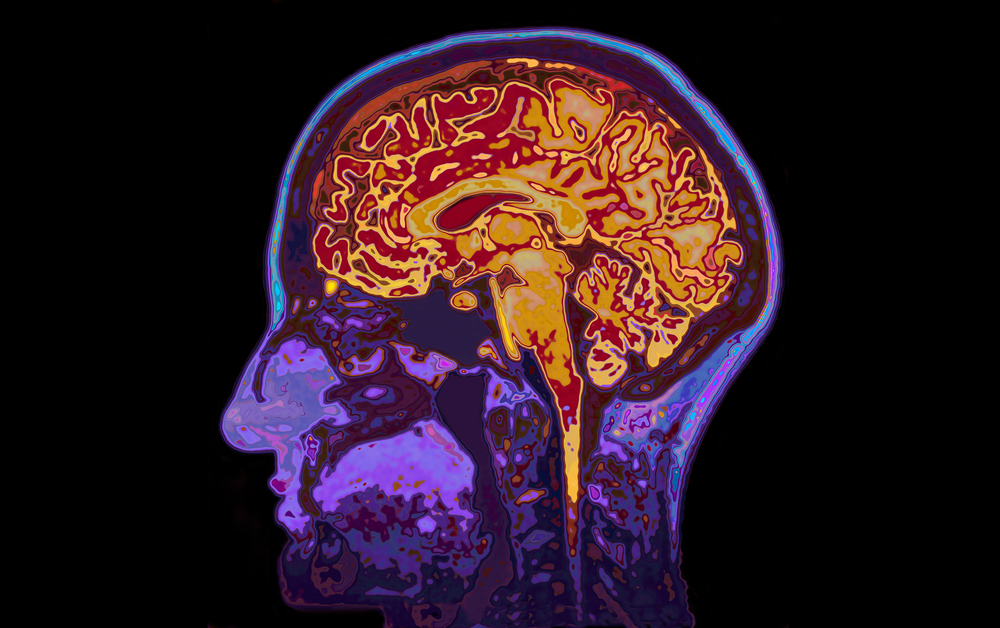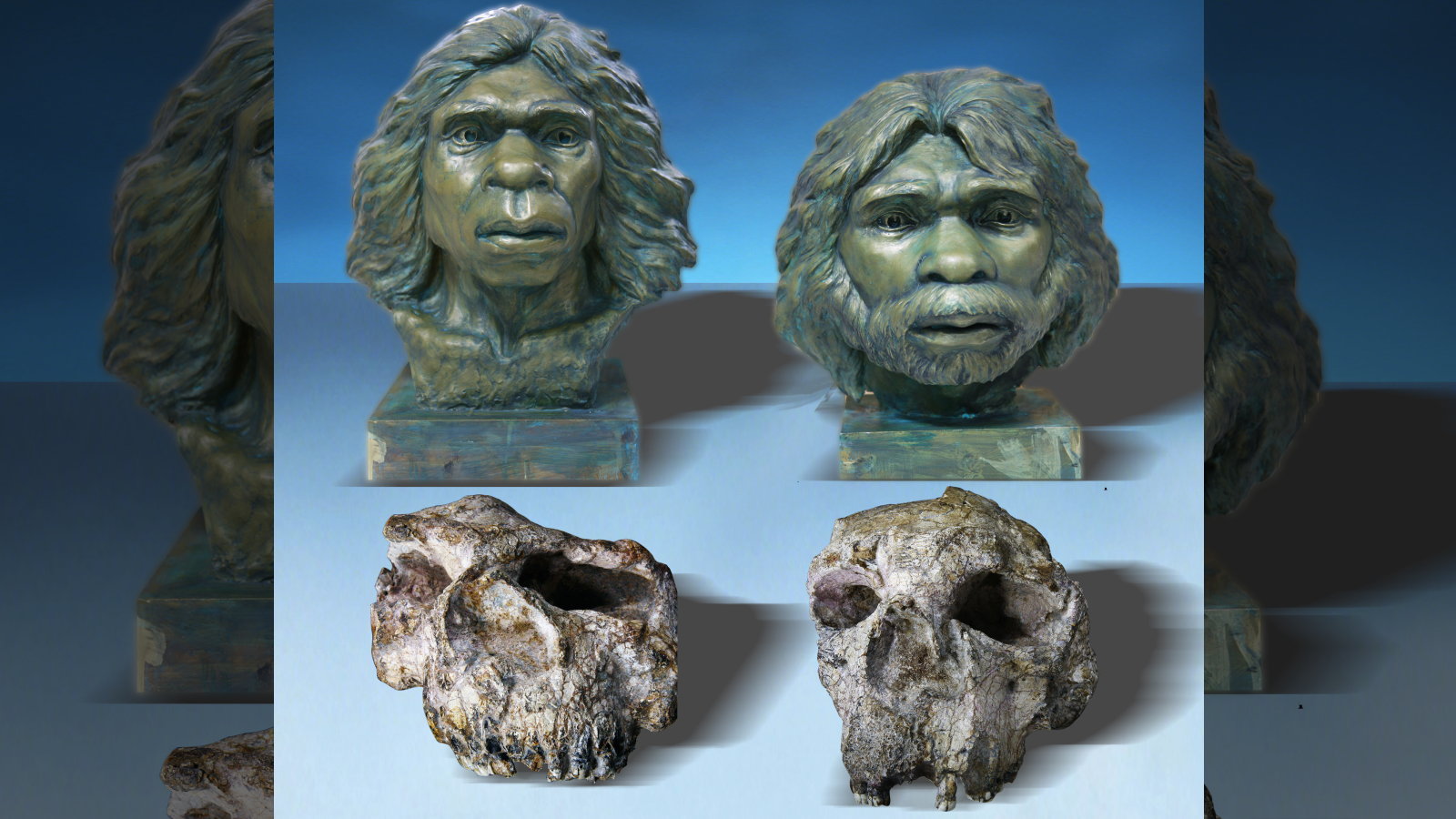Sleep Problems Linger After Head Injury

Get the world’s most fascinating discoveries delivered straight to your inbox.
You are now subscribed
Your newsletter sign-up was successful
Want to add more newsletters?

Delivered Daily
Daily Newsletter
Sign up for the latest discoveries, groundbreaking research and fascinating breakthroughs that impact you and the wider world direct to your inbox.

Once a week
Life's Little Mysteries
Feed your curiosity with an exclusive mystery every week, solved with science and delivered direct to your inbox before it's seen anywhere else.

Once a week
How It Works
Sign up to our free science & technology newsletter for your weekly fix of fascinating articles, quick quizzes, amazing images, and more

Delivered daily
Space.com Newsletter
Breaking space news, the latest updates on rocket launches, skywatching events and more!

Once a month
Watch This Space
Sign up to our monthly entertainment newsletter to keep up with all our coverage of the latest sci-fi and space movies, tv shows, games and books.

Once a week
Night Sky This Week
Discover this week's must-see night sky events, moon phases, and stunning astrophotos. Sign up for our skywatching newsletter and explore the universe with us!
Join the club
Get full access to premium articles, exclusive features and a growing list of member rewards.
A severe blow to the head may bring an unexpected consequence: disruptions in sleeping patterns that last for more than a year after the injury, a new study from Switzerland finds.
In the study, researchers looked at 31 people who had suffered a traumatic brain injury (TBI). Scientists investigated how long the individuals slept, whether their sleep was fragmented and how rested they felt while they were awake. A TBI is a brain injury resulting from traumatic impact, in which the brain's day-to-day function is disrupted, according to the Centers for Disease Control and Prevention (CDC). The researchers also looked at a control group of 42 uninjured people.
Over a period of 18 months, the study participants reported their sleep patterns. For two weeks during the study, the participants also wore devices that tracked their body movements. And for one night, the individuals slept in a lab where researchers monitored the subjects' brain activity and other body functions during sleep. [Top 11 Spooky Sleep Disorders]
Overall, the people with TBI seemed to require more sleep than the uninjured subjects — an average of 8 hours per night, 1 hour more than subjects who were injury-free, according to the findings.
The study also found that 67 percent of the people with TBI described feeling sleepy during the day, whereas only 19 percent of the healthy participants reported excessive daytime sleepiness.
This investigation builds upon the results of many previous studies in recent years showing that people with TBI experience sleep problems, said the study's lead author Dr. Lukas Imbach, a senior physician and neurologist at the University Hospital Zurich.
"But the severity, incidence and cause for [sleep] disorders was poorly understood," Imbach added. The new investigation is the longest prospective study about sleep quality and TBI done to date, he said.
Get the world’s most fascinating discoveries delivered straight to your inbox.
Most of the earlier studies followed participants for only six months after they had experienced TBI, "because it was assumed that the effect after TBI might wear off after a longer time," Imbach told Live Science.
"However, we have learned from this study that sleep problems persist up to 18 months after TBI," he said.
The researchers also noted that people with TBI tended to be inaccurate when recording and reporting their own sleep patterns. This is cause for concern, because sleep disruption can have a serious impact on how a person functions when they're awake, the researchers said.
"The reason for this sleep misperception is unknown, but we plan to investigate in this direction," Imbach said.
TBIs, mild or severe, affect 1.7 million people in the U.S. each year, the study authors reported. The injuries were associated with 2.5 million hospitalizations, visits to the emergency room or deaths in 2010, according to the CDC.
The findings were published online today (April 27) in Neurology, the medical journal of the American Academy of Neurology.
Follow Mindy Weisberger on Twitter and Google+. Follow us @livescience, Facebook & Google+. Original article on Live Science.

Mindy Weisberger is a science journalist and author of "Rise of the Zombie Bugs: The Surprising Science of Parasitic Mind-Control" (Hopkins Press). She formerly edited for Scholastic and was a channel editor and senior writer for Live Science. She has reported on general science, covering climate change, paleontology, biology and space. Mindy studied film at Columbia University; prior to LS, she produced, wrote and directed media for the American Museum of Natural History in NYC. Her videos about dinosaurs, astrophysics, biodiversity and evolution appear in museums and science centers worldwide, earning awards such as the CINE Golden Eagle and the Communicator Award of Excellence. Her writing has also appeared in Scientific American, The Washington Post, How It Works Magazine and CNN.
 Live Science Plus
Live Science Plus










